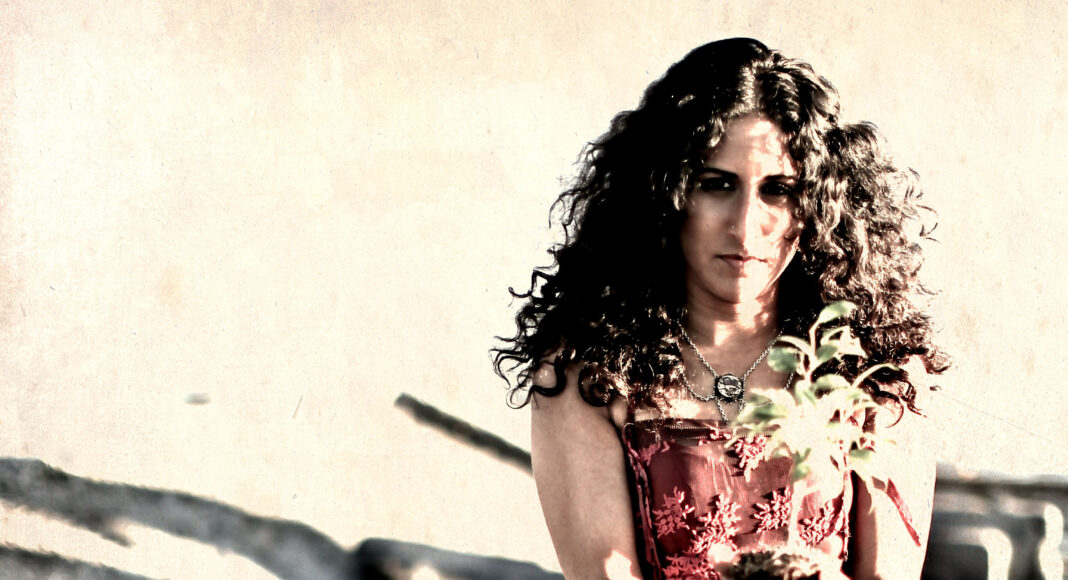Rupa Marya calls her style “intentionally unclean.” Beyond that, it’s difficult to explain. Cooler and crazier than useless phrases like “world music” could hope to describe, her San Francisco-based band Rupa and the April Fishes takes gypsy jazz on a punky, border-crashing joy ride that sprawls across multiple styles, cultures and languages. Of Indian descent, born in California with an international upbringing, Marya takes the influences she’s absorbed and makes a particularly intense brand of dance music. She took the time to do an interview in advance of her upcoming performance headlining San Jose Jazz’s Winter Fest 2012 on Sunday, March 11.
STEVE PALOPOLI: Your music and style has a distinctly bohemian vibe to it. What appeals to you about that sound and look, and how did your musical style develop?
RUPA MARYA: It’s more intentionally unclean than necessarily bohemian. I appreciate the sounds of intersection, of things moving against each other–different gestures sonically. The mixture of symphonic culture with street culture, here with there, past and present. Music becomes a pastiche collage where you can trace different origins with your ear. I also appreciate the long history of rebel music, sounds that are responding to current injustice with insistence and courage.
In what ways is the Bay Area a good place to play the kind of music you play, and in what ways is it a difficult place?
I feel this music is a representation of the pluralistic identity of the Bay Area. On any given day, walking down Castro Street in Mountain View, you can hear several languages being spoken, sounds from different cultural backgrounds blaring from different cars. Our experience here is just that, an experience of pluralism. The challenge is how do you overcome the small-mindedness of people who want to believe the Bay Area is something else–such as an English-only place. It simply isn’t. How do you invite people with that desire to see the world in a simplistic way, to recognize the existing differences without fear but rather with open ears, arms, eyes and heart? I think some people appreciate hearing a celebration of these intersections, an invitation to shared space of engagement through sound and performance.
.Interview: Rupa and the April Fishes Headline Winter Jazz Fest




